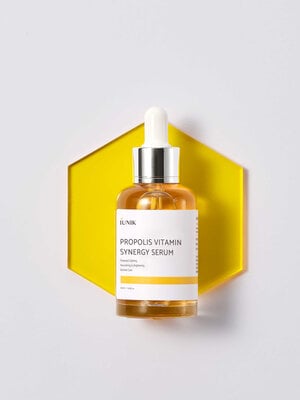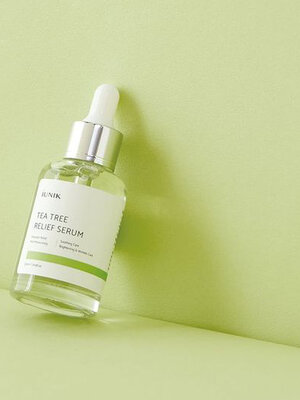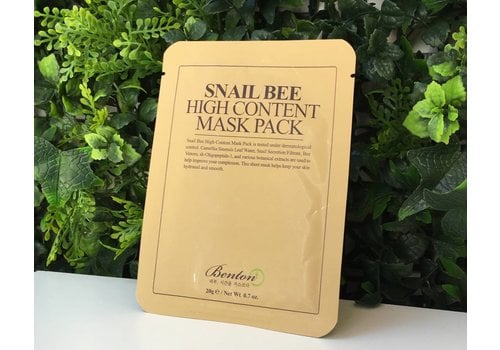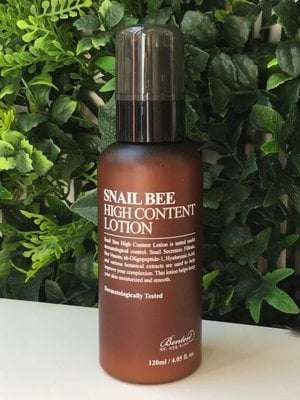-
All products are added to your cart.
Pregnancy safe
198 products foundWhen selecting our 'pregnancy safe' products, we completely exclude certain ingredients of concern from the list below. However, that doesn't mean you can't use some of these ingredients at all during pregnancy. We will also update this list regularly.
Many of the ingredients listed are considered safe when applied topically to the skin in a low percentage (which is often the case with k-beauty products). However, we always recommend that you seek personal advice from your own doctor.
Isotretinoin, retinol and other types of retinoids
We exclude: Retinol, Retinyl linoleate, Retinyl palmitate
Good substitutes for these ingredients are Vitamin C, Glycolic Acid, Beta-Carotene, Rosehip Oil
Vitamin A plays an important role in fetal development. Studies show that oral consumption of isotretinoin can cause birth defects.
Studies on the use of retinol on the skin during pregnancy however are limited. But in general poor absorption of (over the counter) tretonin and retinol and the small surface area on which the retinoids are applied would indicate that the levels achieved in the blood would be too low to harm the developing child.
Despite the low risk suggested by these studies, experts still recommend that pregnant women avoid applying vitamin A-based formulations to their skin during early pregnancy.
Did you use any cosmetics that contain retinol or a similar vitamin A-like substance during pregnancy? Don't panic right away, instead stop using the product and consult your own doctor.
Hydroxy Acids (AHA, BHA) in high percentage
We exclude: Betaine salicylate, Salicylic acid
Good substitutes for these ingredients are large molecule AHA such as Mandelic acid, PHA.
Very little of BHA would be absorbed through the skin when applied topically. But because oral salicylic acid is not safe during pregnancy, doctors also recommend avoiding excessive or frequent use of skin products containing BHA.
However, small amounts applied to the skin, such as a toner with salicylic acid (less than 2%) or glycolic acid (less than 10%) used once or twice a day, are considered safe. The concern is greater about facial and body peels that contain high percentage of AHA and/or salicylic acid. Always consult your own doctor before undergoing a peel.
Because AHA and BHA products can cause sensitivity to sunlight, it is strongly recommended to always protect the skin from the sun.
Willow Bark is the natural equivalent of salicylic acid and has similar effects to its synthetic counterpart in a gentler form. Given the lack of evidence of safe use during pregnancy, we will also exclude this from our 'pregnancy safe' list.
Hydroquinone
We exclude: (Alpha-)Arbutin
Good substitutes for these ingredient is vitamin C.
This ingredient is often used to lighten pigmentation. The research on the use of Hydroquinone during pregnancy is very limited, but because the ingredient is absorbed through the skin very quickly, many experts recommend avoiding it during pregnancy.
The ingredient (Alpha-)Arbutin is a derivative from hydroquinone and can be broken down to hydroquinone on skin.
UV-filters
We exclude: Homosalate, Octisalate, Octinoxate, Octocrylene
Good substitutes for these ingredients are mineral filters such as Titanium dioxide, Zinc oxide
Multiple studies (medical or animal research) don't show that active sunscreens pose a risk during pregnancy. Daily use of sunscreen is highly recommended by skin experts, especially during pregnancy. However it could be that your skin will become more sensitive during pregnancy. If that's the case, consider using sunscreens with only mineral filters such as titanium dioxide and/or zinc oxide, as they usually will cause less sensitivity.
In general, ingredients such as Avobenzone, Benzophenone, Octocrylene, Oxybenzone are often considered safe for use on the skin in a low percentage, also during pregnancy. However, because these can sometimes trigger sensitivity, we will exclude them completely from our selection.
Not in food, but not sure in skin care (yet)
We exclude high percentage of Licorice, Ginseng
There are not (enough) studies to tell yes or no. Hence we will exclude them in our list (for now) just to be sure.
Login
Log in if you have an account
Register
Having an account with us will allow you to check out faster in the future, store multiple addresses, view and track your orders in your account, and more.
Create an accountLogin
Log in if you have an account
Register
Having an account with us will allow you to check out faster in the future, store multiple addresses, view and track your orders in your account, and more.
Create an accountLogin
Log in if you have an account
Register
Having an account with us will allow you to check out faster in the future, store multiple addresses, view and track your orders in your account, and more.
Create an accountLogin
Log in if you have an account
Register
Having an account with us will allow you to check out faster in the future, store multiple addresses, view and track your orders in your account, and more.
Create an accountLogin
Log in if you have an account
Register
Having an account with us will allow you to check out faster in the future, store multiple addresses, view and track your orders in your account, and more.
Create an accountLogin
Log in if you have an account
Register
Having an account with us will allow you to check out faster in the future, store multiple addresses, view and track your orders in your account, and more.
Create an account



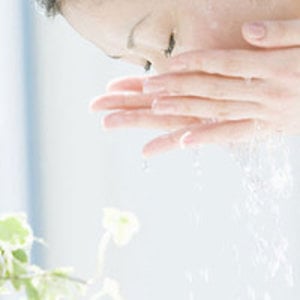



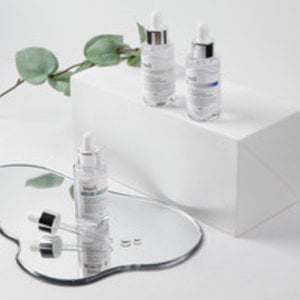

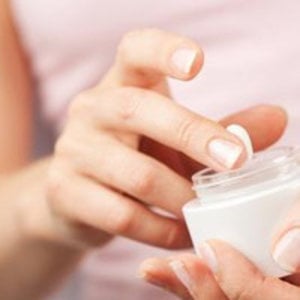



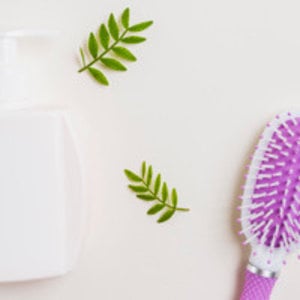


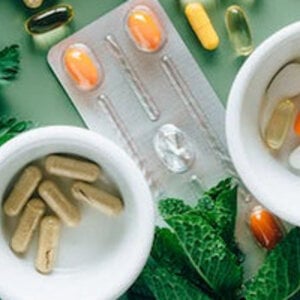

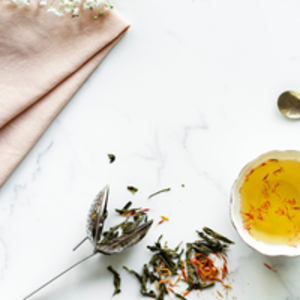
 Teenager
Teenager Student
Student Career (searching)
Career (searching) Party!
Party!
 On the plane
On the plane Travel friendly
Travel friendly Day trip
Day trip
 Postcards
Postcards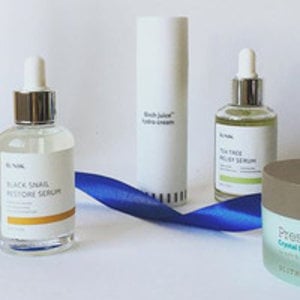 Beauty gifts
Beauty gifts <3 Gift Card
<3 Gift Card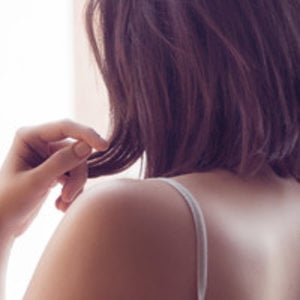
 7-Skin Method
7-Skin Method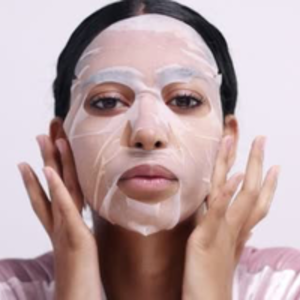 1 Day 1 Mask
1 Day 1 Mask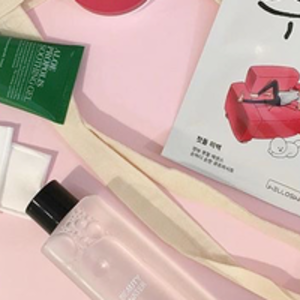 Best of K-beauty
Best of K-beauty Face Gym
Face Gym Glass skin
Glass skin
 Haru Haru Exclusives
Haru Haru Exclusives Fashion & Lifestyle
Fashion & Lifestyle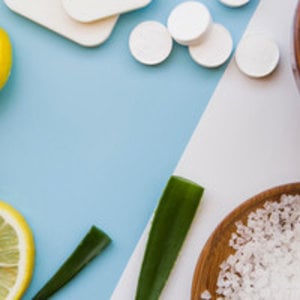

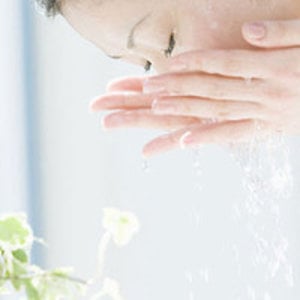 1. Cleansing
1. Cleansing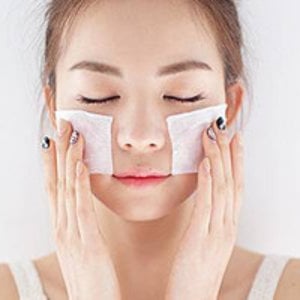 2. Toner
2. Toner 3. Eye cream
3. Eye cream 4. Treatment / Boost
4. Treatment / Boost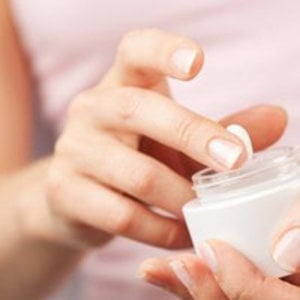 5. Moisturizer
5. Moisturizer 6. Sun protection
6. Sun protection 6. Night treatments
6. Night treatments
 Skin type - Normal
Skin type - Normal Skin type - Dry
Skin type - Dry Skin type - Oily
Skin type - Oily Skin type - Combi
Skin type - Combi Skin type - Sensitive
Skin type - Sensitive Skin concern - Dehydrated
Skin concern - Dehydrated Skin concern - Pigmentation
Skin concern - Pigmentation Skin concern - Acne
Skin concern - Acne Skin concern - Wrinkles
Skin concern - Wrinkles
 How much should I use?
How much should I use? Applications and handlings
Applications and handlings Sequence and waiting times
Sequence and waiting times Mask guideline
Mask guideline Recycle & upcycle
Recycle & upcycle
 Natural vs. synthetic
Natural vs. synthetic Clean vs. dirty beauty
Clean vs. dirty beauty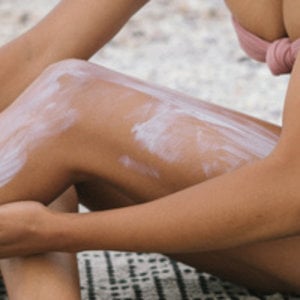 Mineral vs. chemical UV filter
Mineral vs. chemical UV filter Open and closed pores
Open and closed pores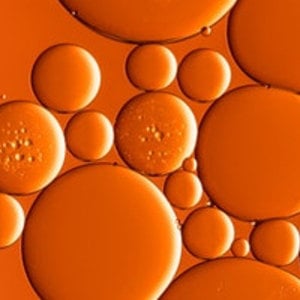 Oils are bad for oily skin types
Oils are bad for oily skin types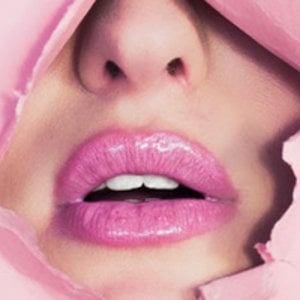 No makeup, no double cleansing
No makeup, no double cleansing No sun, no sunscreen
No sun, no sunscreen Scary acids
Scary acids Oily skin, no moisturizer
Oily skin, no moisturizer
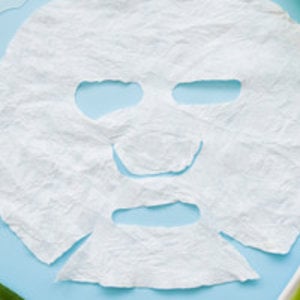 Sheet Masking Tips
Sheet Masking Tips 7 Skin Method
7 Skin Method
 Pigmentations & dullness
Pigmentations & dullness Wrinkles & lines
Wrinkles & lines Acne & pimples
Acne & pimples Enlarged pores
Enlarged pores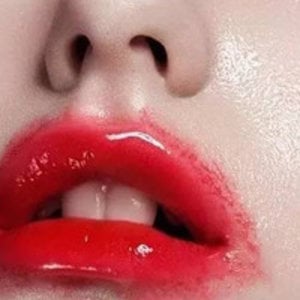 Oil control
Oil control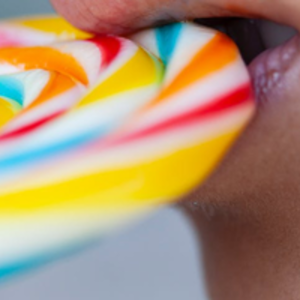 ⤷ Sebum production
⤷ Sebum production
 Ingredients
Ingredients Glossary
Glossary FAQ: kbeauty
FAQ: kbeauty FAQ: skincare
FAQ: skincare Workshops
Workshops
 Skintype quiz
Skintype quiz Routine quiz
Routine quiz Acne quiz
Acne quiz

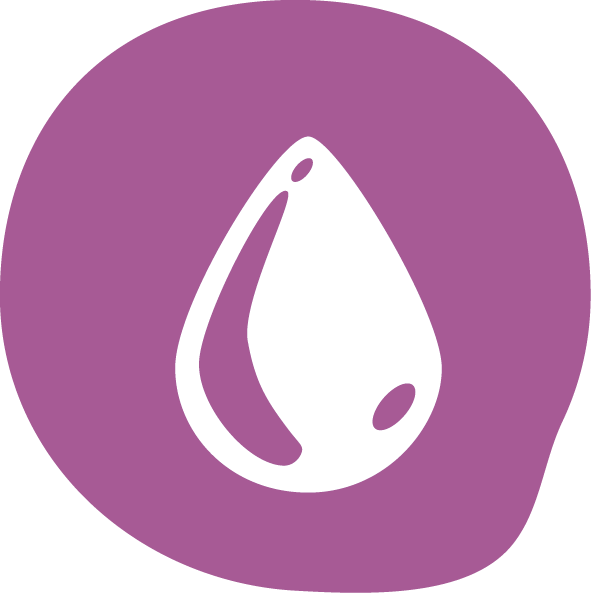
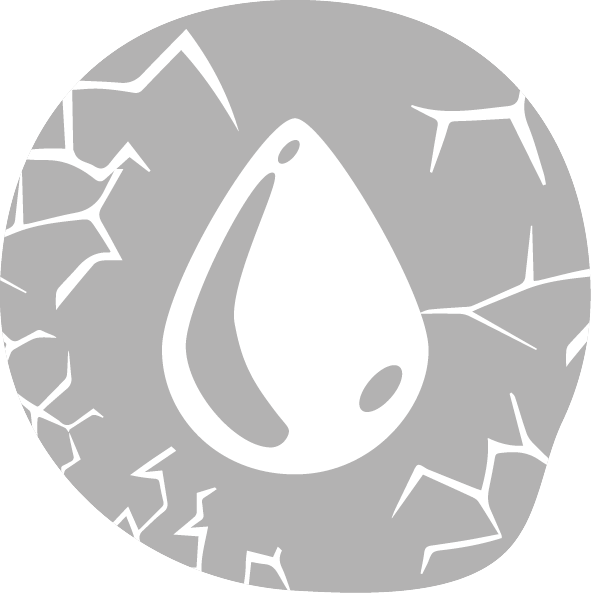

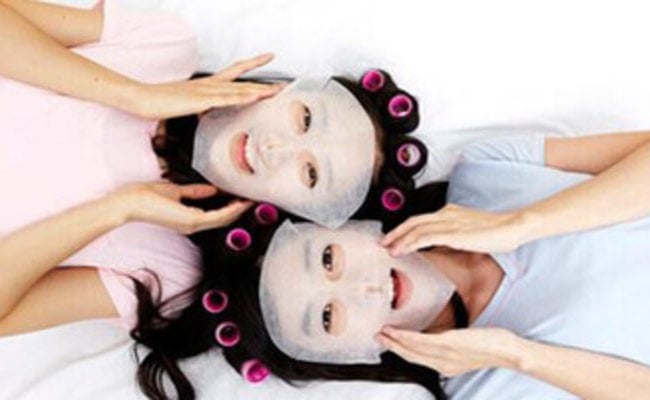
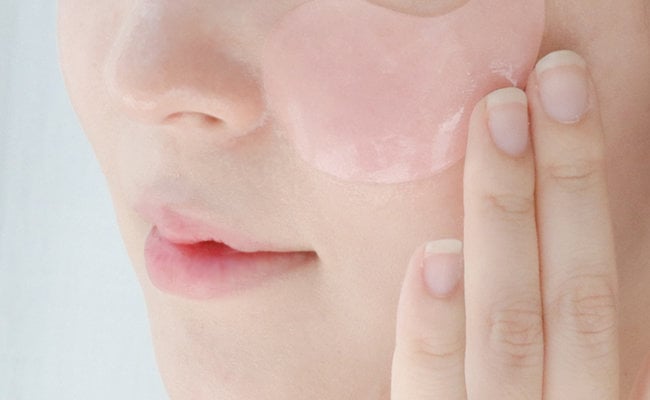
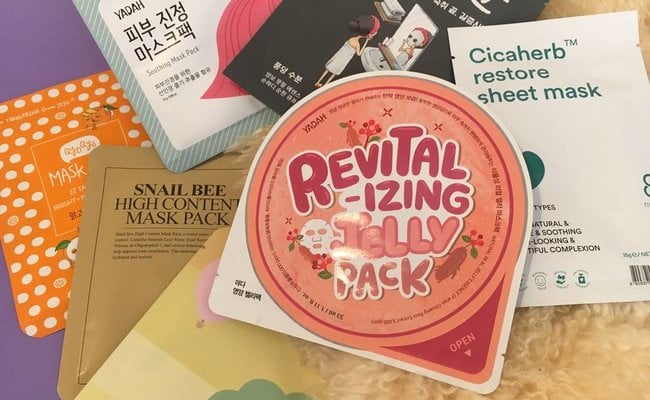




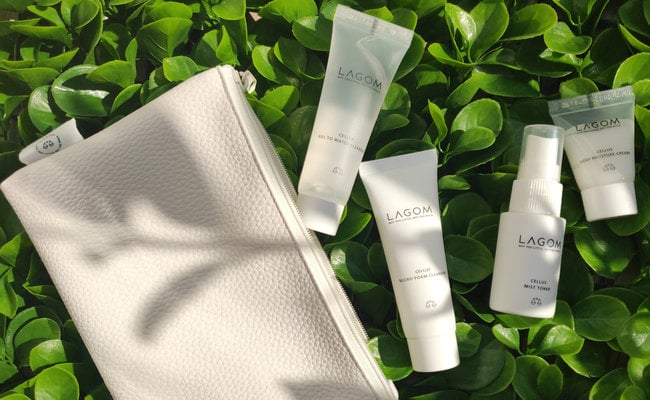







![[ PETITFEE ]
Beautifying Mood on Cleanser -100ml](https://cdn.webshopapp.com/shops/239114/files/406948442/400x450x1/petitfee-beautifying-mood-on-cleanser-100ml.jpg)
![[THANK YOU FARMER] Rice Pure Clay Mask to Foam Cleanser - 150ml](https://cdn.webshopapp.com/shops/239114/files/409487563/400x450x1/thank-you-farmer-rice-pure-clay-mask-to-foam-clean.jpg)
![[ YADAH ]
Be My Tint 01 Wannabe Pink - 4g](https://cdn.webshopapp.com/shops/239114/files/211817276/400x450x1/yadah-be-my-tint-01-wannabe-pink-4g.jpg)





